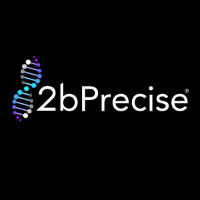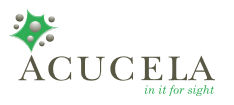Precision medicine—the practice of targeting patient treatment and prevention strategies based on genetic, social and behavioral characteristics—has the potential to revolutionize healthcare. Advances in both precision medicine and genomics research have transformed disease treatment in the last several years, making precision medicine ripe for innovation. Examples include:
- Rapidly declining costs: The cost of sequencing a human genome has dropped from $1 billion to $1,000 in 15 years. As a result, health systems across the country are increasingly adopting genomics for commercial use.
- Better technology: Thanks to big data, we can store, manage, search and analyze large amounts of complex data from multiple sources, privately and securely.
- More use cases: Precision medicine treatment has nearly tripled over the last decade. Use cases now span nearly all health system service lines.
- More clinical use: While the proof points of precision medicine are still being defined, its use in cancer care and drug treatment is increasingly becoming standard.
Technology innovations have fueled growing interest in the promise of precision medicine. A variety of companies now offer capabilities such as high-speed computing and faster, more affordable sequencing. Such groundbreaking solutions only offer more opportunities to better identify and act on health risks, provide earlier diagnosis, suggest practical strategies, and focus therapy.











